The Grand Challenges Network - a family of global partners fostering innovation to solve key global health and development problems - announced awards under the Catalyzing Equitable Artificial Intelligence (AI) Use to Improve Global Health requests-for-proposals launched at the 2023 Grand Challenges Annual Meeting. To-date awards have been awarded to 46 principal investigators in 11 different countries.
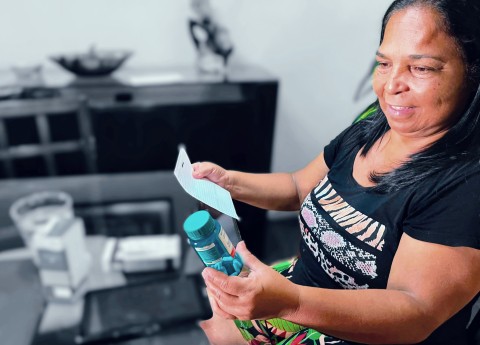
Zilma Silveira Nogueira Reis of Universidade Federal de Minas Gerais in Brazil will develop a Large Language Model (LLM) that can generate personalized instructions for taking medications that are tailored to a user’s level of literacy, cultural context, and special needs to increase equitable access to medications and promote safe and effective patient self-care.
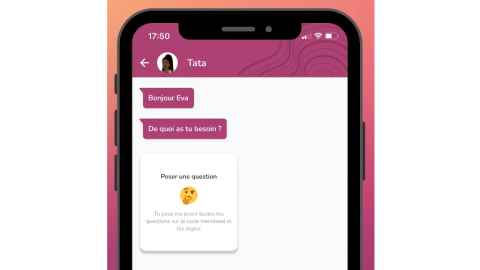
Nicolas Poussielgue of Dakar Institute of Technology in Senegal will expand the Weerwi platform by incorporating a Large Language Model (LLM) into the existing chatbot to enable more personalized advice and information on menstrual health for young women.
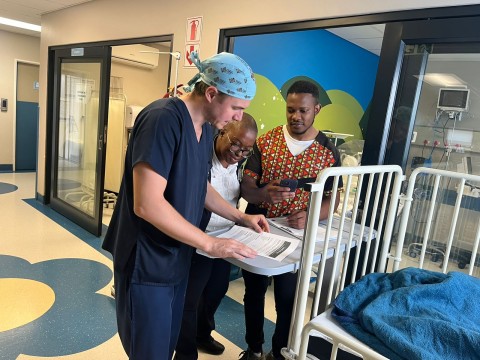
Ziyaad Dangor of the Vaccines and Infectious Diseases Analytics Research Unit of Wits Health Consortium (Pty) Limited and Jenny Coetzee with Minja Milovanovic of African Potential Management Consultancy (Pty) Ltd, together with Andreas Cambitsis and Emma Gibson of Business Science Corporation Global and Mirjam van Reisen and Samson Yohannes of Virus Outbreak Data Network (Vodan)-Africa, all in South Africa, will develop an LLM supporting clinicians' note taking to improve patient care.
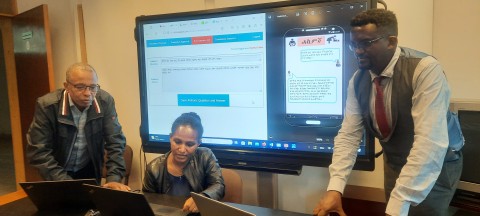
Martha Yifiru with Dinksira Bekele of Addis Ababa University in Ethiopia will develop a smartphone-based conversational agent in the Amharic language to provide information and answer questions for women on pregnancy, childbirth, and their children’s health.
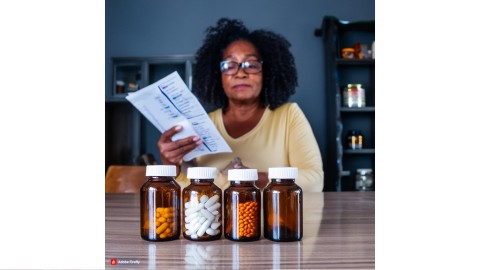
Elisdete Maria Santos de Jesus of Universidade Estadual de Campinas in Brazil will train an LLM to read Brazilian medicine package leaflets and generate accurate, up-to-date summaries of how to use the medicine that is easier to understand for patients who take the medicine and for healthcare professionals who prescribe, dispense, and administer it.
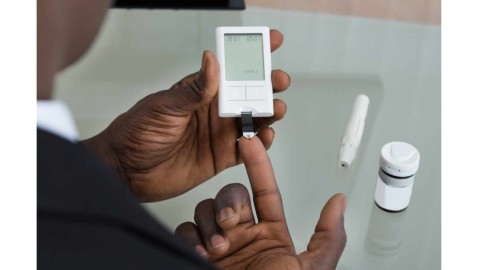
Philippe Manyacka Ma Nyemb of Gaston Berger University in Senegal will develop AI-based approaches to better monitor and manage cardiovascular diseases and understand their risk factors.
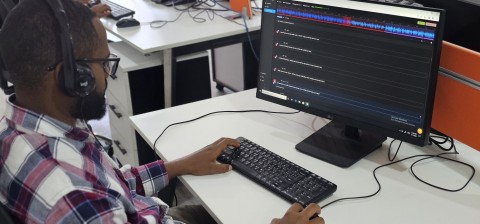
Rahel Mekonnen with Hiwot Mekonnen of the Ethiopian Artificial Intelligence Institute in Ethiopia will develop a multilingual speech-to-speech translation system to remove language barriers in communication between healthcare providers and their patients.
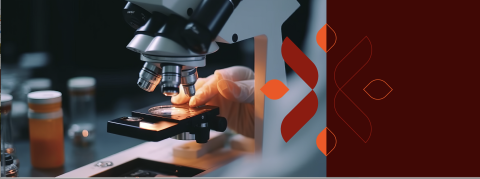
Francis Kombe of EthiXPERT NPC in South Africa will develop an AI-based platform to support African research ethics committees and clinical trial decision-making.
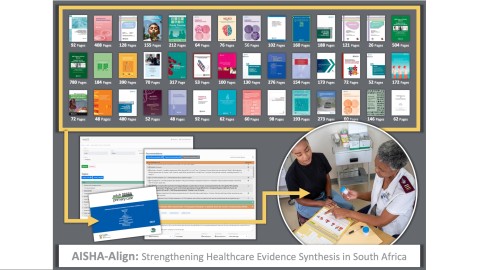
Scott Mahoney and Lara Fairall of The Health Foundation of South Africa in South Africa will enhance the AI-Supported Healthcare Assistant (AISHA) prototype, which summarizes clinical recommendations from diverse evidence sources, as a public health tool supporting clinicians, policymakers, and health educators.
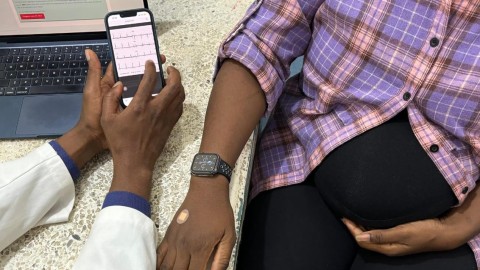
Obed Brew of Kwame Nkrumah University of Science and Technology in Ghana will explore applying a combination of AI-based analytical approaches to clinical data for early detection of preeclampsia in pregnancy to reduce maternal and neonatal morbidity and mortality.
Mamadou Bousso of Iba Der Thiam University in Senegal will develop methods for AI-based analysis of ultrasound images for cost-effective early detection of liver fibrosis caused by hepatitis B viral infection.
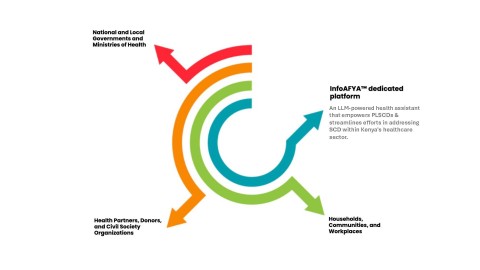
Dennis Maorwe of DPE Company Limited in Kenya will develop a Large Language Model (LLM) to support the planning and execution of behavior change interventions to improve health outcomes for Kenyans living with SCD.
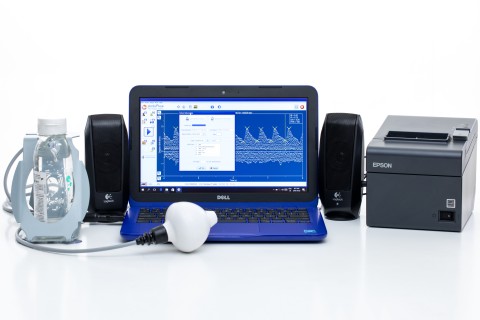
Kahesh Dhuness and Charita Bhikha of the Council for Scientific and Industrial Research in South Africa will use statistical analysis and machine learning techniques on existing data to increase the effectiveness, as a triage tool, of Umbiflow, a Doppler ultrasound device used for antenatal screening.
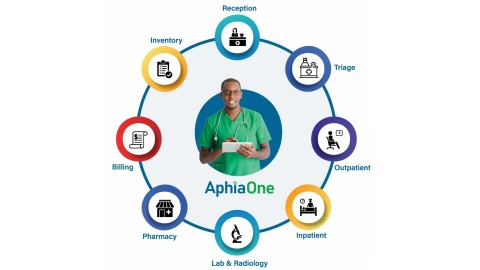
Polly Okello of Medbook Kenya Limited in Kenya will develop a set of LLMs to support frontline healthcare workers in rural areas and among marginalized populations in Kenya.